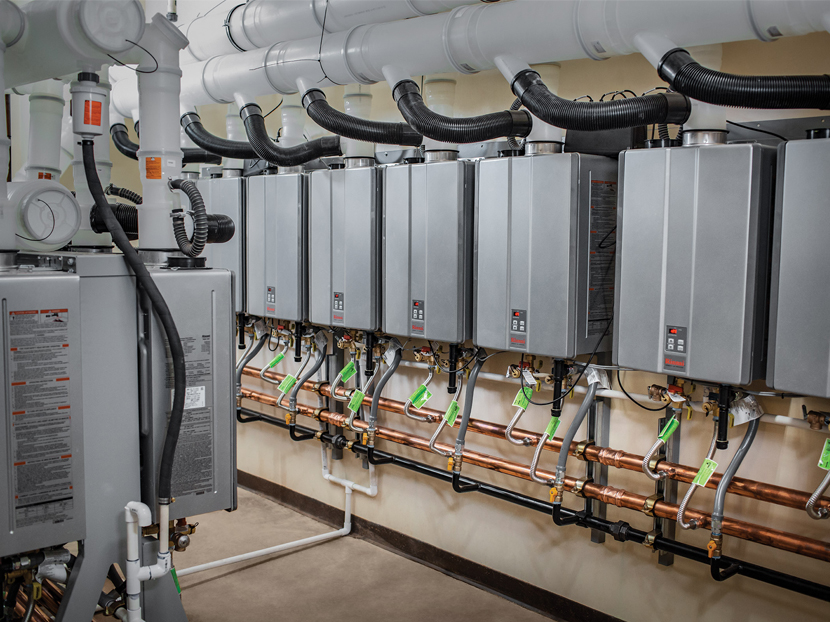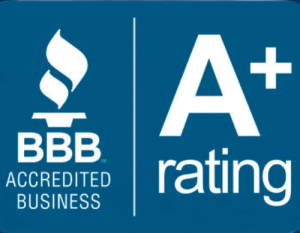
Should I Flush My Boiler Heating System Yearly?
Flushing Your Boiler Heating System
Flushing your boiler heating system annually isn’t always necessary, but it can be beneficial under certain circumstances. Whether or not a flush is needed depends on various factors, including the type of boiler, the water quality in your area, the system’s age, and how heavily it is used. Here are some general guidelines to help you decide:
Hard Water Areas: If you live in a region with hard water, mineral deposits like limescale can accumulate in the system, reducing efficiency and potentially leading to blockages. In such cases, a yearly flush can help maintain the boiler’s performance.
Older Systems: Boilers that have been in use for several years may benefit from regular flushing to remove sludge, rust, and other debris that can build up over time and affect heating efficiency.
Radiator Cold Spots: If your radiators are not heating evenly and you notice cold spots, particularly at the bottom, it may indicate a buildup of sludge or debris in the system, which can often be resolved with a flush.
Noisy Operation: If your boiler or radiators make unusual noises, such as banging or gurgling, it could be a sign of trapped air, limescale, or debris in the system. Flushing can address these issues.
System Efficiency: Over time, blockages can reduce the efficiency of your heating system, leading to higher energy bills. A flush can help restore efficiency by ensuring water flows freely through the pipes and radiators.
After Installation of New Components: If you’ve added new parts to your heating system, such as a pump or radiator, a flush may be necessary to remove any installation debris and prevent contamination of the system.


When Not to Flush
Flushing is a thorough process that might not always be required, especially if:
- Your boiler is relatively new (less than five years old) and operating without issues.
- Your water supply is soft, reducing the risk of limescale buildup.
- The system has been well-maintained and regularly checked by a professional.
Alternative Maintenance
Even if a full flush isn’t needed, other maintenance steps can help keep your boiler in top condition, such as:
- Regular bleeding of radiators to remove trapped air.
- Adding corrosion inhibitors to the system water to reduce rust formation.
- Scheduling periodic inspections by a qualified professional to identify and address potential issues early.
NOTE:
If you’re unsure whether your boiler heating system needs flushing, consult with a qualified heating professional. They can assess the condition of your system and recommend the best course of action to keep it running efficiently and reliably.

When You Should Flush the Boiler.
Signs of Inefficiency:
- Cold spots on radiators.
- Noisy operation (e.g., banging or gurgling sounds).
- Reduced heating performance.
- Discolored or Sludgy Water:
- If the water in your system is rusty or sludgy, flushing can remove debris and improve performance.
Areas Which Experience Hard Water:
In regions where hard water is prevalent, mineral deposits such as calcium and magnesium can accumulate in plumbing systems, fixtures, and appliances. This buildup, known as limescale, can reduce water flow, decrease efficiency, and lead to issues like clogged pipes or malfunctioning equipment. Limescale buildup is particularly common in water heaters, faucets, and toilets, which often results in the need for more frequent cleaning or flushing to maintain optimal performance.
To minimize these effects, consider installing a water softener or descaler system, which can help reduce mineral content in the water supply. Regular maintenance and the use of limescale removers can also help extend the life of plumbing and appliances in hard water areas.
How Often To Flush My Boiler System?
Flushing a boiler system is an essential part of its maintenance to ensure it operates efficiently and safely. Here’s a detailed guideline:
- Typical Schedule: Every 5–6 years is a common recommendation for a well-maintained system.
- High-Mineral Water Areas: If your area has hard water or high mineral content, you may need to flush the system more frequently (e.g., every 2–3 years) to prevent scale buildup.
- Signs of Trouble: If you notice reduced efficiency, unusual noises, or rusty water in the system, consider flushing sooner, regardless of the schedule.
- Annual Inspection: While flushing may not be needed every year, having an annual inspection allows a professional to assess whether a flush is necessary.
Regular maintenance, including timely flushing, prolongs the lifespan of your boiler, improves efficiency, and prevents costly repairs down the road.
Power Flushing:
This more intensive method is recommended when there’s significant buildup of sludge or debris. Yearly maintenance alternative instead of flushing annually, schedule an annual boiler service. One of our professionals can check for issues like sediment buildup and decide if a flush is necessary.
Professional Help?
Flushing a boiler system can be a complex and messy task. While DIY is possible for experienced homeowners, hiring one of our boiler experts will ensures the job is done correctly without risk of any damages.







